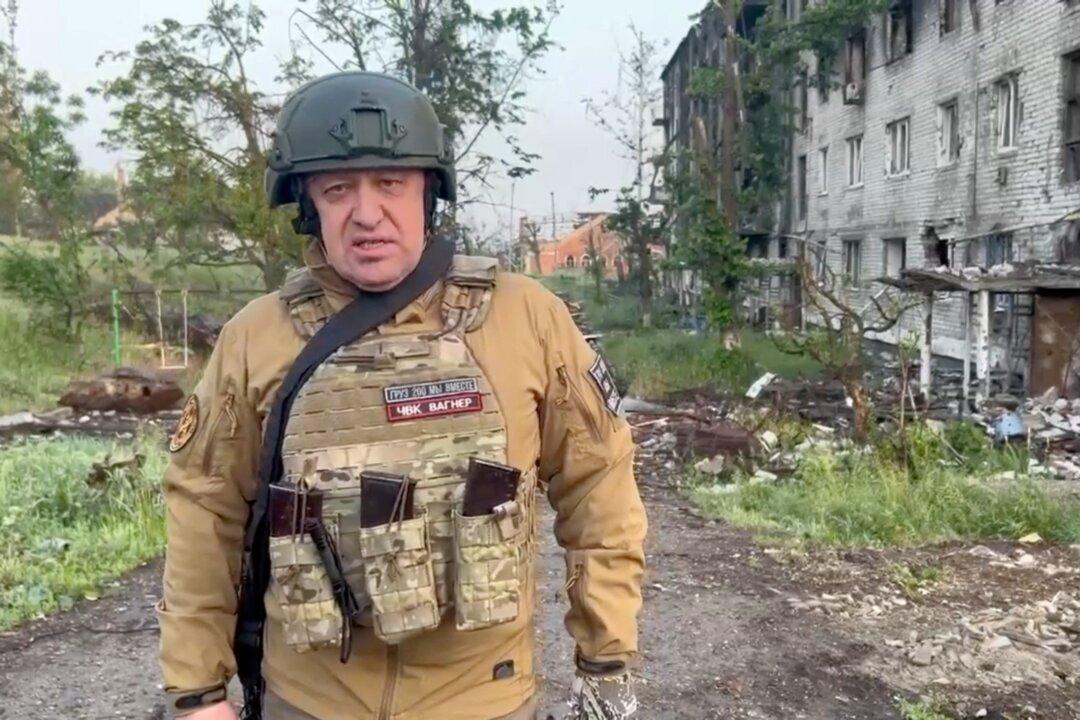Global intelligence analysts, political risk consultants, and members of security establishments are warning about the “probability” of Russia interfering in South Africa’s election next year.
“The goal of the interference would be to ensure that a pro-Russian government is elected in one of the world’s most resource-rich nations, and that means the Kremlin-funded Internet Research Agency (IRA) could be used to influence voting in South Africa,” said Brendan von Essen, a Johannesburg-based international relations expert and political and security risk analyst.





